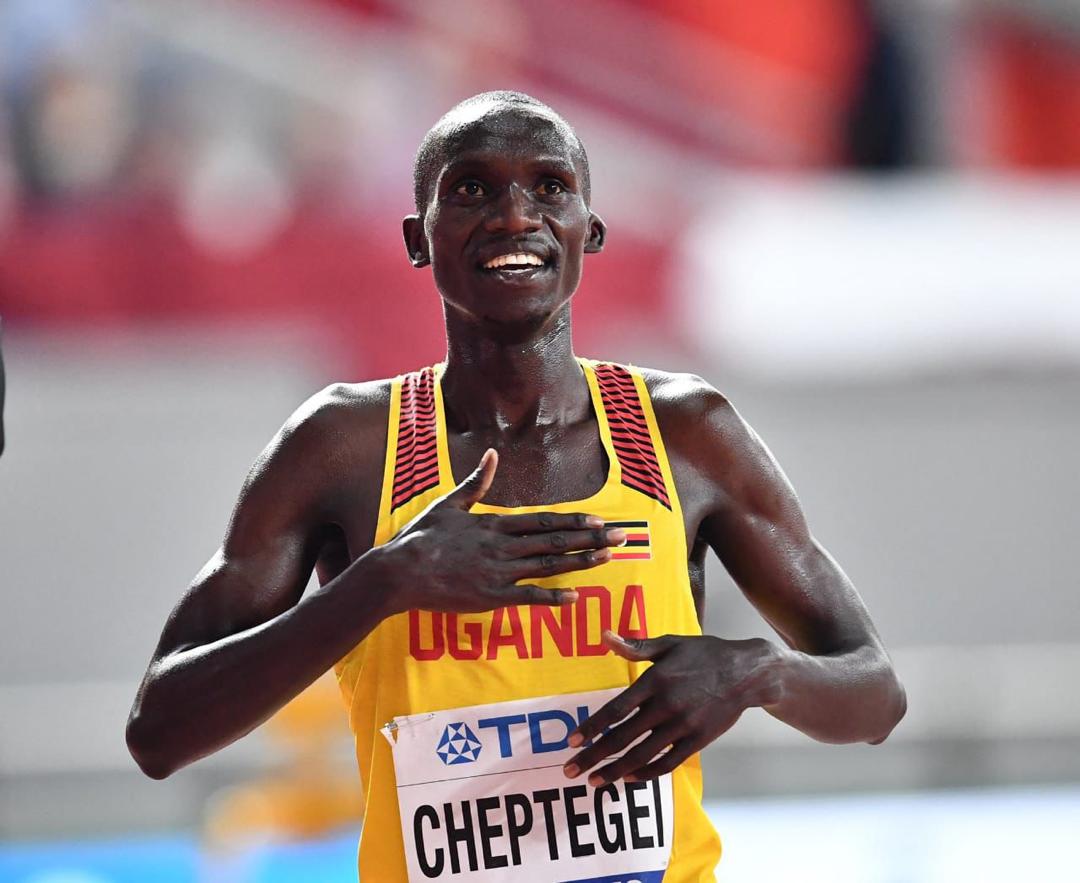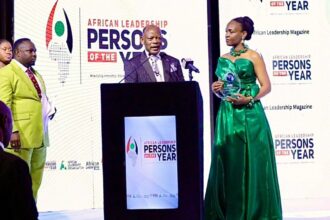Taxation forms the cornerstone of our economic framework, and plays a pivotal role in funding public services and development initiatives. Like many other countries, In Uganda, the taxation of Ugandan sportsmen is governed by the Income Tax Act, a comprehensive piece of legislation that outlines how these athletes contribute their share to the nation’s progress.
It’s important to understand the concept of residence and source rules to determine whether a person’s income is subject to taxation in Uganda. According to Sec 9 (1) of the Income Tax Act, a person is a resident individual for a year of income if that individual— (a) has a permanent home in Uganda; (b) is present in Uganda for a period of, or periods amounting in aggregate to, 183 days or more in any twelve-month period that commences or ends during the year of income; or during the year of income and in each of the two preceding years of income for periods averaging more than 122 days in each such year of income; or (c) is an employee or official of the Government of Uganda posted abroad during the year of income.
In competitions, winners get rewarded in cash or kind for their talents, skills and effort. Once you talk of income, incentives, awards, benefits, gifts and the like, the taxman comes knocking at your doorstep for his share. When it comes to tax and earnings, not so many of us have been lucky with the taxman.
The tax law recognizes sportsmen like Joshua Cheptegei as professionals who are subject to tax just like an accountant, lawyer or any other profession. Therefore, Ugandan sportsmen who meet the residency test are subject to taxation on their worldwide income, which includes income earned within Uganda and abroad.
Joshua Kiprui Cheptegei is a Ugandan long-distance runner. He is the reigning Olympic champion in the 5000 metres and silver medalist for the 10,000 metres, a three-time 10,000 m World champion from 2019, 2022 and 2023, World silver medalist from 2017, and the 2019 World Cross Country champion. Cheptegei a few days ago won his third successive 10000m gold.
Ugandan sportsmen, just like other taxpayers, have their income subjected to progressive tax rates based on their income levels as per the ITA.
The taxable income of a Ugandan sportsman encompasses various sources, including salaries, prize money, appearance fees, endorsements, and other earnings related to their athletic endeavors. This income is treated as any other earned income and is subject to the applicable tax rates.
However, Cheptegei’s win has a special treatment in the income tax act. Section 21 of the ITA, exempts from tax an award received by a sportsperson as a reward for winning or participating in a sports competition. This is purposed to enable Uganda to produce more sports stars. All proceeds for from this competition of Joshua are tax free.
Similarly, in 2021 the medals that were won, the cars that were lined up at the Kololo Airstrip and later handed over to the athletes, the cash prizes made by the various donors that were received by three Olympic medal winners Cheptegei, Chemutai and Kiplimo were enjoyed by them without a Shilling of tax being deducted.
Section 21 of the Income Tax Act therefore, is a strong enabler for Sports investment. When a patriotic sportsman wins big and invests home in the sports sector, a case of Cheptegei it is not only good for the economy but also for local talent.
Corporate companies that would like to make donations to Cheptegei, should consider the tax impact and the overall budget of their company’s corporate social responsibility (CSR) towards such causes. The tax law gives some opportunities to companies to be tax-efficient in this regard for example, exempt organizations.
For tax purposes, an exempt organization may not necessarily mean an NGO. An NGO is simply a not-for-profit organization but not necessarily an exempt organization. What makes it to be exempt from income tax is a letter of approval from the URA accepting your application to treat the organization as exempt from income tax, and without this letter, the donations / gifts will be subjected to tax at a rate of 30%.
According to the Income tax Act, the future competitions will still favor that Ugandan athlete who wins. I encourage more young men and women who are still able and talented to take up such arears where the taxman favors your income. These are green areas for clean money.
The writer is a Chartered Tax Accountant and advisor
Do you have a story in your community or an opinion to share with us: Email us at Submit an Article









